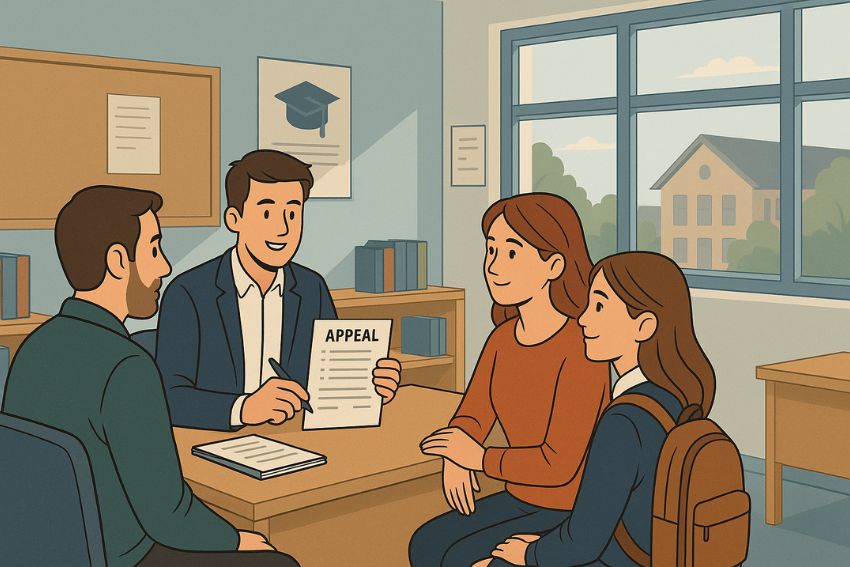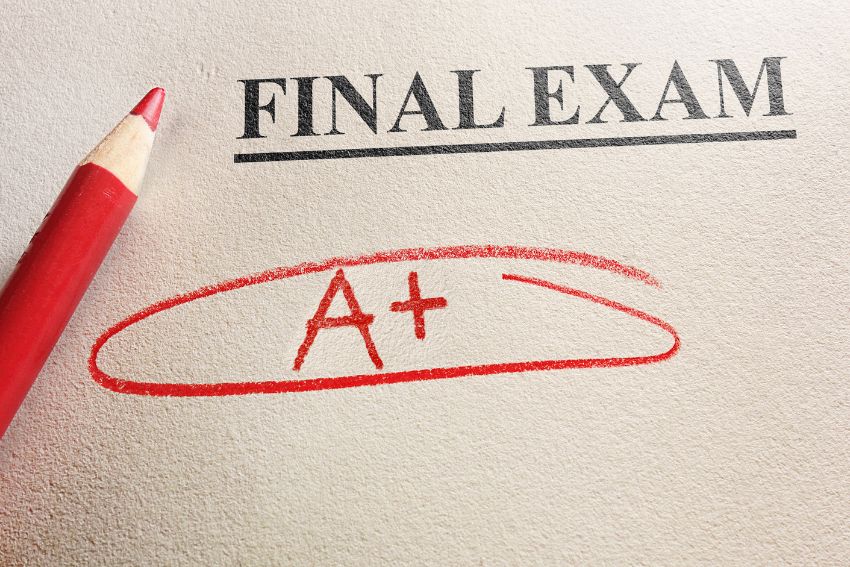How to do Exam Appeal Successfully: GCSE & A-Level Parents’ Guide
Getting an unexpected exam result can be stressful for both students and parents. That’s where an exam appeal comes in.
An appeal gives students a chance to challenge a grade they believe is wrong. For many families, it’s an important safety net.
Parents exam appeals are especially important during GCSEs and A-Levels, when results can affect college places or future plans.
Knowing how the appeal process works means you can support your child with confidence and avoid common mistakes along the way.

When Should You Appeal an Exam Result?
Not every disappointing grade needs an appeal. But sometimes, it’s the right move.
A GCSE appeal or A-Level appeal is worth considering when something clearly seems wrong like a marking error or missed special circumstances.
You can appeal GCSE results or appeal A-Level grades if the mark scheme wasn’t applied correctly or if parts of the paper weren’t marked at all.
It’s also possible to appeal if a serious issue like illness or exam disruption wasn’t taken into account during grading.
Before you decide, talk to your child’s school. They’ll help you check if there’s a strong reason to take the next step.
Understanding the Exam Appeals Process
So, how does the exam appeals process actually work? It’s simpler than it sounds, but timing is important.
First, speak to your child’s school. They’ll review the results and decide whether to request a remark from the exam board, this could be an AQA exam appeal in England or part of the SQA exam appeals process in Scotland.
If the school agrees, they’ll submit the request. This is the first step in how to appeal exam results.
The exam board will then review the marking. If they find an error, they’ll adjust the grade up or down.
If you’re not happy with that outcome, there’s usually a second stage: a formal appeal through the board’s review service.
Whether you’re navigating exam appeals in Scotland or elsewhere in the UK, your school should guide you, but it helps to understand each step so you can stay involved and informed.
How Parents Can Help with an Exam Appeal
Understanding the process is one thing, knowing how parents can help with an exam appeal is just as important.
Start by staying calm. Your support sets the tone for how your child handles the situation.
Help gather any useful evidence, like medical notes or records of special circumstances, that could support the appeal.
If a letter needs to be written, keep it clear and focused. Stick to facts, not emotions. Schools often handle this, but your input can still help.
Understanding how to appeal exam results successfully can help you avoid common mistakes and improve your chances of a fair outcome, so follow along with the school and support your child every step of the way.
Exam appeals are most effective when you work with teachers and stay organised. Ask questions and keep track of any deadlines.
Your role isn’t just emotional, it’s practical, too. And it can make a real difference.
What Happens After Your Exam Appeal?
Once you’ve submitted the appeal, the waiting begins, but what should you expect next?
What happens after an appeal depends on the exam board, but most will respond within a few weeks.
They’ll review the paper to check for marking errors or missed sections. Sometimes, another examiner marks it again entirely.
The exam appeal outcome can go one of three ways: the grade might go up, stay the same, or go down.
If the grade changes, the school will be notified and your child’s results updated officially.
If it stays the same and you’re still unhappy, you may be able to request a further review, but this must be done quickly.
The most important thing? Be prepared for all outcomes, and support your child no matter the result.
Conclusion
Navigating the exam appeals process can feel overwhelming, but knowing the steps makes a huge difference.
Whether you’re considering a GCSE appeal or an A-Level appeal, it’s important to stay calm, gather the right information, and support your child every step of the way.
Remember, not all appeals lead to a grade change, but understanding how to appeal exam results successfully can give your child the best possible chance.
If you’re looking for extra support, especially after a tough exam season, online tutors can help your child build confidence, fill in knowledge gaps, and prepare more effectively for resits or future assessments.
With the right guidance, they’ll not only recover from a setback, they’ll come back stronger and confident.
FAQs:
How to appeal exam results?
To appeal exam results, start by contacting your child’s school or exam centre. They’ll review the result and decide whether to request a remark from the exam board. If there’s a clear reason like a marking error or missed question, they’ll submit the appeal on your behalf. The exam board will then reassess the paper and send an outcome.
Can parents appeal GCSE grades on behalf of their child?
Yes, parents can appeal GCSE grades, but the request usually goes through the school or exam centre. Parents play a key role by gathering evidence and supporting their child emotionally and practically throughout the GCSE appeal process.What are valid reasons for appealing an exam result?
Valid reasons for an appeal GCSE result or A-Level appeal include errors in marking, incorrect application of the mark scheme, or issues like illness during exams that weren’t taken into account.
How to get a successful appeal?
To increase the chance of a successful exam appeal, make sure you have clear reasons and strong evidence. Focus on marking errors, procedural mistakes, or overlooked special circumstances. Ask the school for help with the exam appeals process and be mindful of deadlines.
Will my child’s grade go down if we appeal?
Yes, there is a chance the grade could go down. Every exam appeal is reviewed fairly, and the final outcome can be higher, lower, or the same. Make sure you’re aware of this before submitting.
How long does the exam appeals process take?
The exam appeals process usually takes a few weeks, depending on the exam board and the time of year. Schools or exam centres can give you updates as the appeal progresses.








